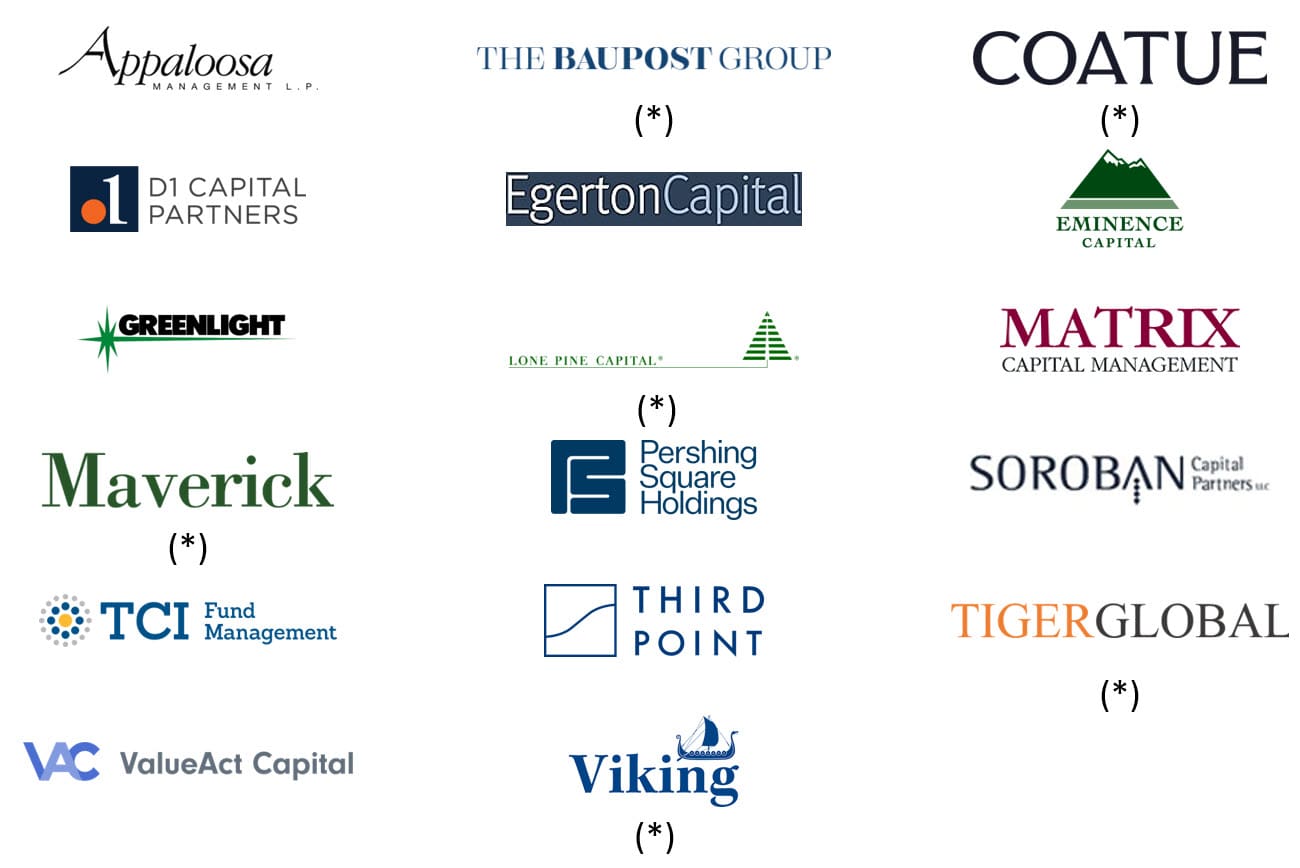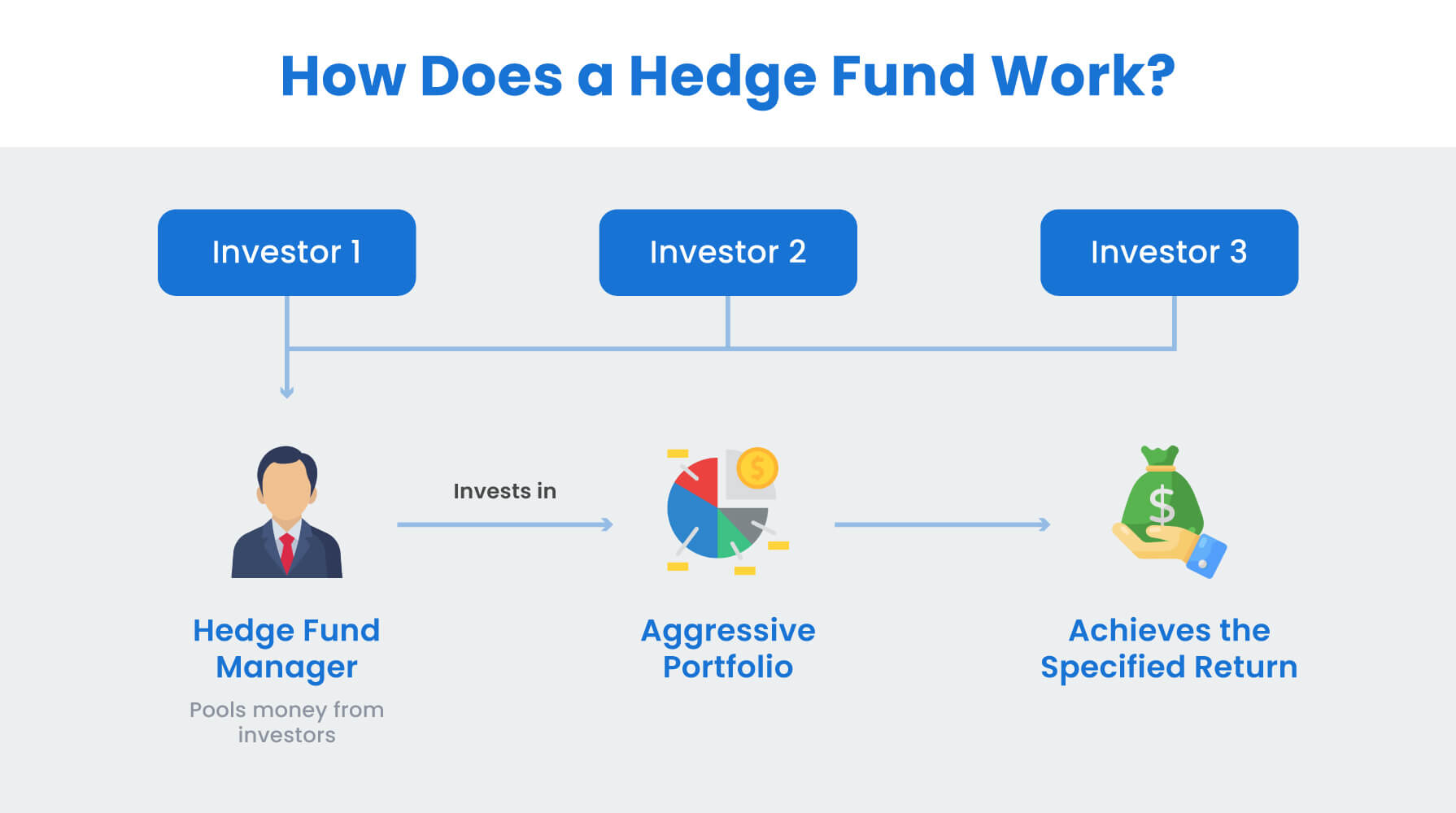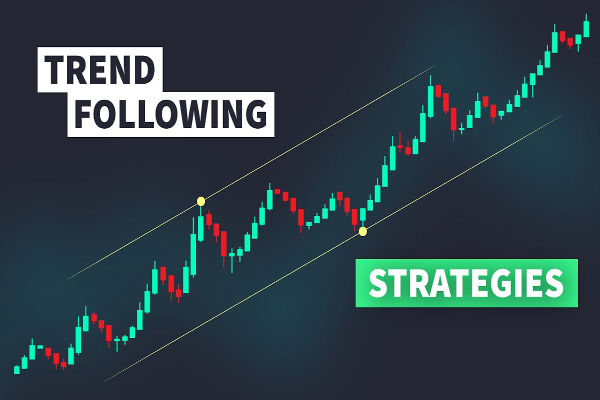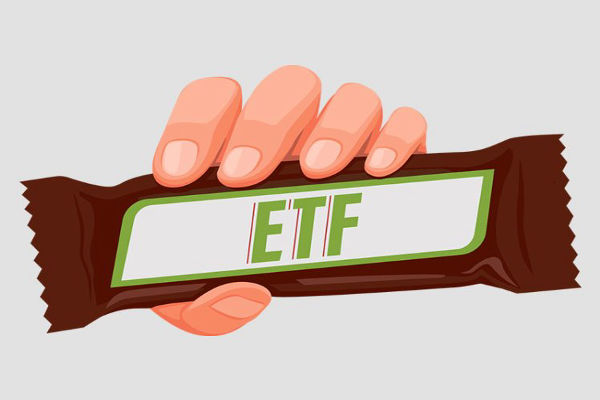Hedge funds have long captured the imagination of investors, often associated with legendary managers and outsized returns. But what sets top hedge funds apart, and how do they outperform the market-especially when traditional strategies struggle?
In this article, we explore the strategies, managers, and market conditions that allow the world’s leading hedge funds to deliver results that often surpass their peers and sometimes even the broader market.
Who Are the Top Hedge Fund Managers

According to recent rankings, the most successful hedge fund managers of all time include George Soros (Soros Fund Management), Tom Steyer and his team at Farallon, Steve Mandel at Lone Pine, and Seth Klarman at Baupost.
By the end of 2024, these funds had generated net gains of $43.9 billion (Soros), $41 billion (Farallon), $40.6 billion (Lone Pine), and $39.1 billion (Baupost) for their investors. Collectively, the top 20 hedge funds have generated $855 billion in net gains, returning $94 billion to investors in the last year alone.
Top 5 Hedge Funds (as of Q1 2025)
Horizon Kinetics Asset Management.
Peconic Partners.
Kensico Capital Management.
Steinberg Asset Management.
Greenoaks Capital Partners Llc.
Key Strategies Used by Top Hedge Funds

Hedge funds are not a single strategy-they are a diverse collection of approaches designed to generate returns regardless of market direction. Here are some of the most common and successful strategies:
1. Equity Long/Short
Managers take both long and short positions in stocks, aiming to profit from rising and falling prices. This allows them to exploit inefficiencies and hedge against market downturns. Top funds use rigorous fundamental analysis and often specialise in particular sectors or regions.
2. Relative Value
Relative value strategies involve going long and short in related securities to exploit mispricings. Examples include convertible arbitrage (buying convertible bonds and shorting the underlying stock) and fixed income arbitrage (profiting from price discrepancies between bonds). These approaches aim for market-neutral returns, limiting exposure to overall market movements.
3. Event-Driven
Event-driven funds seek to profit from corporate events such as mergers, acquisitions, restructurings, or bankruptcies. Merger arbitrage, for instance, involves buying shares of a company being acquired and shorting the acquirer, capitalising on the price gap until the deal closes.
4. Global Macro
These funds make large bets on macroeconomic trends across asset classes-currencies, bonds, equities, and commodities. They use both discretionary (manager-driven) and systematic (model-driven) approaches to position for major global shifts.
5. Systematic and Quantitative
Some hedge funds rely on computer models and algorithms to identify trading opportunities, often executing thousands of trades per day. Managed futures and commodity trading advisors (CTAs) are examples of this style, using price, volatility, and co-movement data to make decisions.
When Do Hedge Funds Outperform the Market?
While hedge funds are often compared to market indices like the S&P 500, the reality is more nuanced. On average, the S&P 500 has outperformed hedge funds over the past two decades, especially during prolonged bull markets.
However, hedge funds tend to shine during periods of market stress and volatility. For example, during the dot-com bust (2000–2002) and the 2008 financial crisis, hedge funds delivered positive or less negative returns compared to the broader market.
This resilience is due to their ability to go short, use leverage, and diversify across asset classes. In bear markets or periods of high dispersion between winners and losers, skilled hedge fund managers can generate “alpha”-returns above the market-by identifying mispricings and exploiting inefficiencies.
Are Hedge Funds Consistently Beating the Market?
Academic research shows mixed results. Hedge funds have generally outperformed mutual funds but have not consistently beaten standard market indices, especially after fees. Some studies found that hedge funds generated positive “alpha” in earlier decades, but this advantage has faded in recent years as markets have become more efficient and competition has increased.
However, standout funds and managers continue to deliver exceptional results. The top 20 hedge funds have outperformed their peers and delivered billions in net gains, even if the average fund lags the market. For wealthy investors and institutions, hedge funds remain attractive for their diversification, risk management, and ability to protect capital during downturns.
Why Do Investors Choose Hedge Funds?
Diversification: Hedge funds often invest in assets and strategies uncorrelated with traditional stocks and bonds, providing a valuable buffer in turbulent markets.
Downside Protection: Their flexibility to go short and hedge positions allows them to limit losses during market crashes.
Access to Unique Strategies: From distressed debt to global macro, hedge funds offer exposure to investment opportunities unavailable to most retail investors.
Limitations and Considerations
High Fees: Hedge funds typically charge both management and performance fees, which can erode returns.
Accessibility: Most are restricted to institutional and high-net-worth investors.
Performance Dispersion: While some funds excel, many underperform the market, making manager selection critical.
Conclusion
Top hedge funds outperform the market by leveraging sophisticated strategies, expert management, and the flexibility to profit in both rising and falling markets.
While the average hedge fund may not always beat the S&P 500, the best funds have delivered billions in net gains and provided valuable diversification and downside protection. For investors with access, hedge funds can play an important role in a diversified portfolio-especially during periods of market stress.
Disclaimer: This material is for general information purposes only and is not intended as (and should not be considered to be) financial, investment or other advice on which reliance should be placed. No opinion given in the material constitutes a recommendation by EBC or the author that any particular investment, security, transaction or investment strategy is suitable for any specific person.








